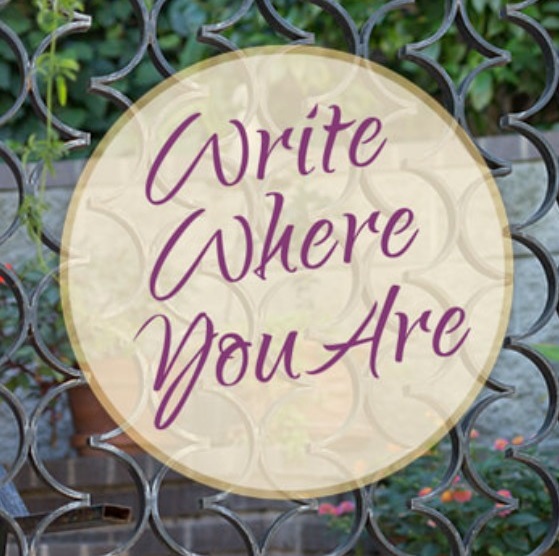
Guest Blogger Bella Mahaya Carter:
Last week, I went to the dark side.
I kept trying to get out of my low mood, which I created by misinterpreting a situation, making presumptions about other people’s opinions about me, and then listening to—and believing—the small voice inside my head ranting about what a terrible person I am. These thoughts looked real.
They weren’t. They were expressions of fear.
Having been beaten as a small child, I can sometimes be a hyper-vigilant people-pleaser, and when I sense others are unhappy with me, it can trigger the kid who feels unsafe.
Last week, when I was in that low mood, I kept trying to do things to get out of it, but nothing helped.
I finally realized there was nothing to do except sit with my uncomfortable feelings, be compassionate with myself, and wait for my mental storm to pass.
There was nothing to do but recognize my mind was playing tricks on me and hijacking my well-being.
Seeing this made letting go—and freedom—possible.
Letting go is an essential skill for writers. We are not in charge. The more we can relax our ideas about what, how, or when we “should” write, the better we can receive what wants to be expressed through us on its own terms.
When struggling, people often ask, “Why is this happening to me?” Why questions can become rabbit holes. The “why” doesn’t matter as much as how you respond to what’s happening.
I find it more productive to ask “how” questions.
Here are a few examples:
• How can I find peace right now?
• How can I feel good about myself?
• How can I experience more joy?
• How can I be free?
• How can I liberate myself from my mind’s destructive habits?
• How can I write this story?
• How can I be more loving with myself and others?
• How can I live with a spacious, open heart?
I enjoyed exploring these questions in my journal and found the directive “let go” answered most of them. Let go of my illusions of control. Let go of needing to perceive myself as outstanding or correct. Let go of ruminating on the past and the future, which rival social media as attention thieves, taking me out of the present moment—our point of power. The place where life is unfolding now.
And, yes, let go of fear. To the extent we are able.
Faith is the most valuable if fear is the cheapest room in the house.
Bella Mahaya Carter is passionate about the power of writing to heal and transform lives. “It took me decades to understand how to get out of my own way so that what wanted to be expressed through me could come forward. When I finally embraced this process, it was a game changer. Ever since, I’ve been helping other writers, artists, and healers navigate work and life from the inside out.”